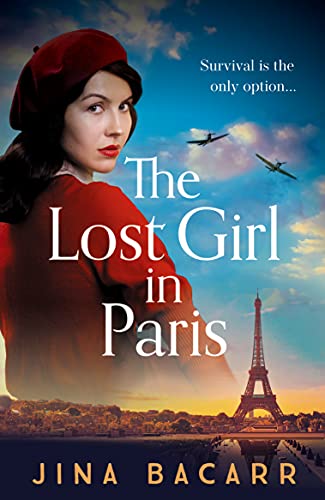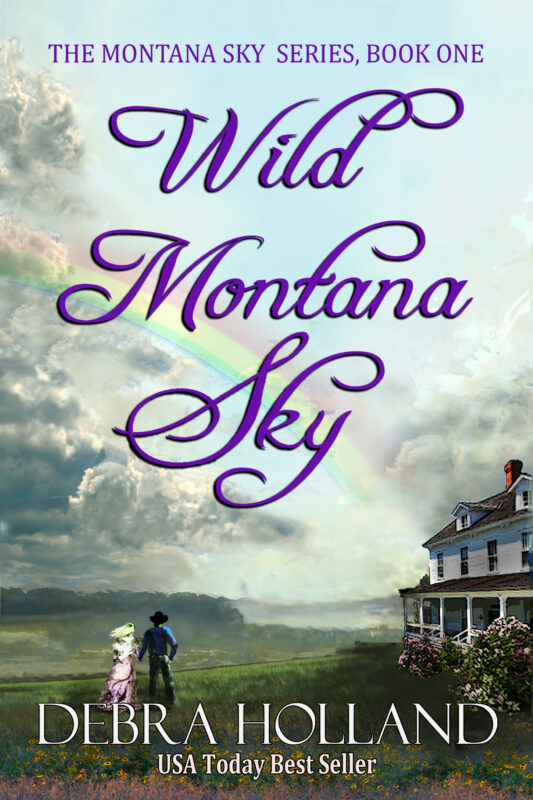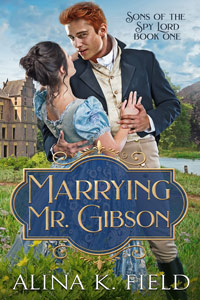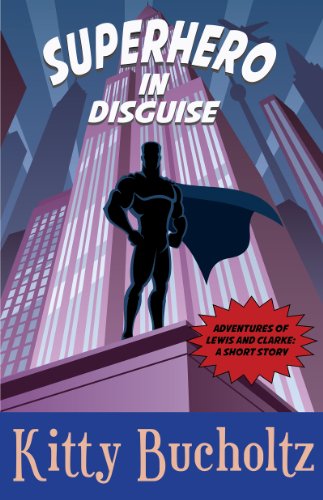Pivotal Moments by Kidd Wadsworth
August 18, 2019 by Kidd Wadsworth in category Infused with Meaning by Kidd Wadsworth tagged as Emotion, Story Genius, writing
Weird. Dumb-ass. Late bloomer. How wonderfully my family described me. Yeah, you guessed it. I hated me, too. At fifteen, I had the social skills of a toilet brush. I spent most of my day desperately trying to say the right thing, so maybe I’d have some friends. Only in World History did I feel accepted. With her fantastic stories, my teacher brought history alive. She encouraged discussion. Even seemed to like me.
Forty-plus years later, I still remember how the room smelled of chalk and the musky perfume of the cheerleader who sat four chairs away; how it had a cooped-up warmth from the hour-long exhaling of twenty people. We sat crammed into small desks, the kind you slid into from the side with a writing surface big enough only for a single sheet of paper. Up front sat the teacher, the green blackboard behind her filling the entire wall.

Eager to express myself, I was quick to add my opinion on socialism. I spoke against welfare and social security. Rather, I said we should take care of each other. I didn’t believe the government needed to provide these services. In fact, I thought the government did a rather poor job. I suppose I didn’t express myself well; I wasn’t clear. Even to this day, I don’t fully understand why my opinion that people should look to themselves, rather than the government, to help their neighbor, should ignite such anger. Surely, at most, I was hopelessly naïve.
For a full twenty minutes, the class raged against me, calling me mean, harsh, unkind and unfeeling. Bewildered, I tried to explain my position, but the voices only grew louder more hateful. At the end of the class, the teacher asked me to stay behind. I stood beside her desk shaking from the effort to hold back my tears. Tall and skinny, I clutched my books in front of me, my shoulders rounded down against the recent blows. I thought she would apologize to me for letting the class get out of control. I thought she saw my hurt. Instead, very gently, she said, “I’d like to tell you about the Christ.”
Perhaps I should thank her. In one sentence she managed to teach me why the separation of church and state is absolutely necessary. After all, I’d just been told by a person, put in a position of authority by the government, that my political opinions were so heinous that I must be a heathen and in need of religious indoctrination, which she was eager to supply. I politely informed her that I regularly attended church.
*
Pivotal moments in our lives are marked by strong emotions: rage, hatred, shame, regret, fear, joy, hilarity, ecstasy. It is essential that we writers learn to convey these strong emotions to our readers. Story is emotion based. If we are not feeling, we’re not reading.[1] So how does a writer learn to convey emotion? How do we teach ourselves this skill? My solution is to feel the emotion myself by first writing about a pivotal moment in my life. By grappling with my own past, by dredging up a betrayal, or the bitterness of regret, by reliving a moment of pure joy, I find that my subsequent writing tastes real. Of course, when the emotions I’m reliving are negative, the cost to me is huge, because I must bleed again, before my characters bleed at all.
3 1 Read more
The Power of Emotion by Connie Vines
August 13, 2015 by A Slice of Orange in category Archives tagged as A Slice of Orange, Cajun Romance, Connie Vines, Emotion, H.O.L.T. Medallion, Native American Romance, Rodeo Romance, Writing Emotion|
synonyms:
|
|
synonyms:
|
|
Blog.
Please stop by next month.
 |
| Fall Release: BWL, Ltd. |
 |
| Novella, BWL, Ltd., current release |
Affiliate Links
A Slice of Orange is an affiliate with some of the booksellers listed on this website, including Barnes & Nobel, Books A Million, iBooks, Kobo, and Smashwords. This means A Slice of Orange may earn a small advertising fee from sales made through the links used on this website. There are reminders of these affiliate links on the pages for individual books.
Search A Slice of Orange
Find a Column
Archives
Featured Books
THE LOST GIRL IN PARIS
'I will never forget what the Nazi did to me. Never'
More info →MARRYING MR. GIBSON
She won't be forced into marriage to a nobleman's by-blow. He won't be trapped into marriage by a father he's never known.
More info →
THE ALLIANCE
When Leora Ebersole sees the small plane crash in her Old Order Mennonite community, she has no idea it's a foreshadowing of things to come.
More info →Newsletter
Contributing Authors
Search A Slice of Orange
Find a Column
Archives
Authors in the Bookstore
- A. E. Decker
- A. J. Scudiere
- A.J. Sidransky
- Abby Collette
- Alanna Lucus
- Albert Marrin
- Alice Duncan
- Alina K. Field
- Alison Green Myers
- Andi Lawrencovna
- Andrew C Raiford
- Angela Pryce
- Aviva Vaughn
- Barbara Ankrum
- Bethlehem Writers Group, LLC
- Carol L. Wright
- Celeste Barclay
- Christina Alexandra
- Christopher D. Ochs
- Claire Davon
- Claire Naden
- Courtnee Turner Hoyle
- Courtney Annicchiarico
- D. Lieber
- Daniel V. Meier Jr.
- Debra Dixon
- Debra H. Goldstein
- Debra Holland
- Dee Ann Palmer
- Denise M. Colby
- Diane Benefiel
- Diane Sismour
- Dianna Sinovic
- DT Krippene
- E.B. Dawson
- Emilie Dallaire
- Emily Brightwell
- Emily PW Murphy
- Fae Rowen
- Faith L. Justice
- Frances Amati
- Geralyn Corcillo
- Glynnis Campbell
- Greg Jolley
- H. O. Charles
- Jaclyn Roché
- Jacqueline Diamond
- Janet Lynn and Will Zeilinger
- Jaya Mehta
- Jeff Baird
- Jenna Barwin
- Jenne Kern
- Jennifer D. Bokal
- Jennifer Lyon
- Jerome W. McFadden
- Jill Piscitello
- Jina Bacarr
- Jo A. Hiestand
- Jodi Bogert
- Jolina Petersheim
- Jonathan Maberry
- Joy Allyson
- Judy Duarte
- Justin Murphy
- Justine Davis
- Kat Martin
- Kidd Wadsworth
- Kitty Bucholtz
- Kristy Tate
- Larry Deibert
- Larry Hamilton
- Laura Drake
- Laurie Stevens
- Leslie Knowles
- Li-Ying Lundquist
- Linda Carroll-Bradd
- Linda Lappin
- Linda McLaughlin
- Linda O. Johnston
- Lisa Preston
- Lolo Paige
- Loran Holt
- Lynette M. Burrows
- Lyssa Kay Adams
- Madeline Ash
- Margarita Engle
- Marguerite Quantaine
- Marianne H. Donley
- Mary Castillo
- Maureen Klovers
- Megan Haskell
- Melanie Waterbury
- Melisa Rivero
- Melissa Chambers
- Melodie Winawer
- Meriam Wilhelm
- Mikel J. Wilson
- Mindy Neff
- Monica McCabe
- Nancy Brashear
- Neetu Malik
- Nikki Prince
- Once Upon Anthologies
- Paula Gail Benson
- Penny Reid
- Peter Barbour
- Priscilla Oliveras
- R. H. Kohno
- Rachel Hailey
- Ralph Hieb
- Ramcy Diek
- Ransom Stephens
- Rebecca Forster
- Renae Wrich
- Roxy Matthews
- Ryder Hunte Clancy
- Sally Paradysz
- Sheila Colón-Bagley
- Simone de Muñoz
- Sophie Barnes
- Susan Kaye Quinn
- Susan Lynn Meyer
- Susan Squires
- T. D. Fox
- Tara C. Allred
- Tara Lain
- Tari Lynn Jewett
- Terri Osburn
- Tracy Reed
- Vera Jane Cook
- Vicki Crum
- Writing Something Romantic
Affiliate Links
A Slice of Orange is an affiliate with some of the booksellers listed on this website, including Barnes & Nobel, Books A Million, iBooks, Kobo, and Smashwords. This means A Slice of Orange may earn a small advertising fee from sales made through the links used on this website. There are reminders of these affiliate links on the pages for individual books.








































